Anyone fortunate enough to attend the grand opening in Hamburg would agree: Wempe, the family business founded in 1878, and the stunning Kontorhaus at Stubbenhuk 10 seem perfectly matched. In early May 2025, Kim-Eva Wempe and her children, Chiara and Scott, proudly unveiled this innovative, high-quality watch service centre to a host of guests.
‘It was love at first sight,’ recalls Kim-Eva Wempe, Managing Partner of Gerhard D. Wempe GmbH & Co. KG, about her initial visit to the listed building, with its breathtaking views of Hamburg Harbour and the Elbphilharmonie concert hall.
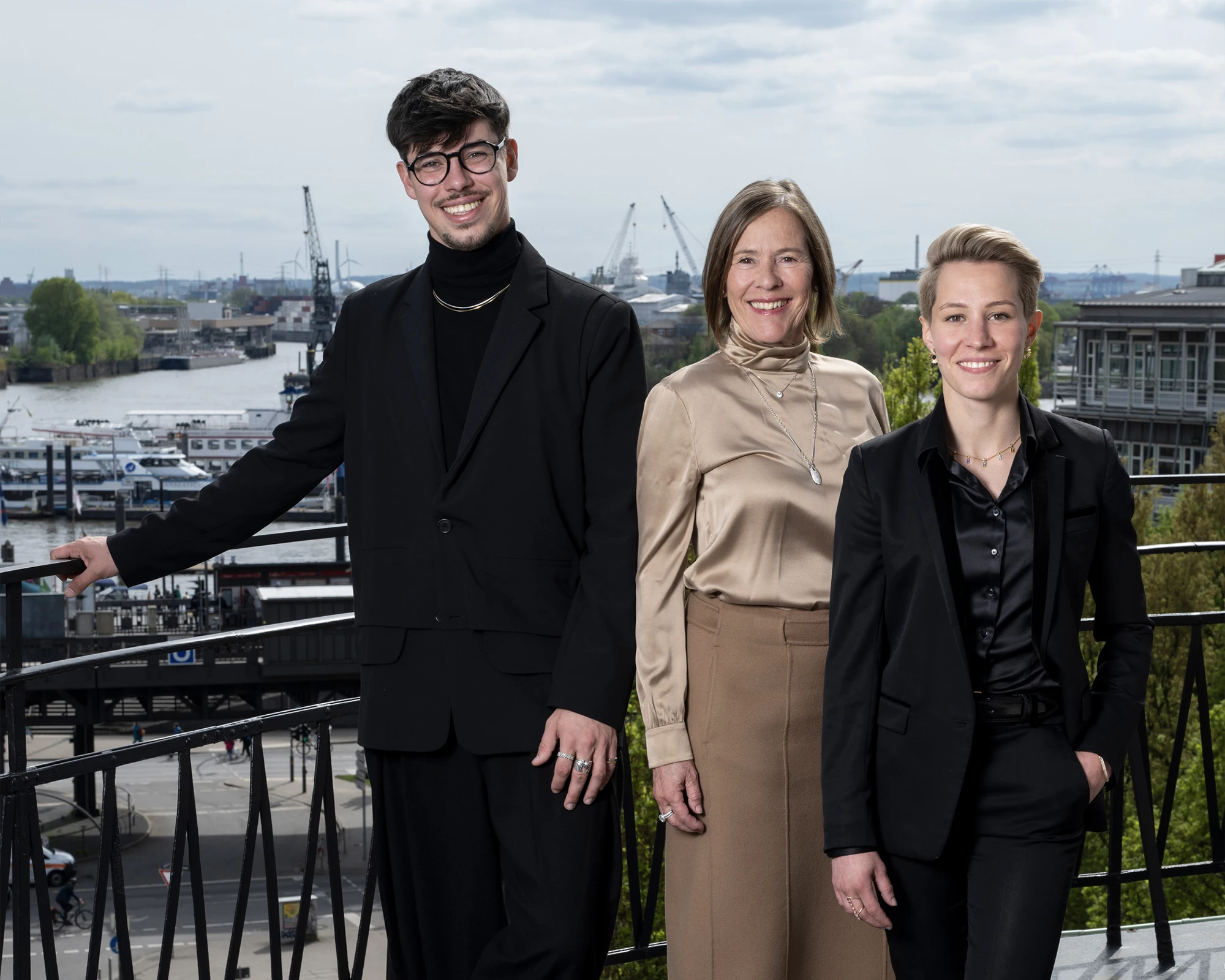
Scott, Kim-Eva and Chiara Wempe
A century after establishing its headquarters on Hamburg’s Steinstrasse in 1923, this expansion into the Hanseatic port city reaffirms Wempe’s enduring commitment to Hamburg as its home.
‘Hamburg epitomises Hanseatic values,’ says Kim-Eva Wempe. ‘This means that the city is cosmopolitan and trade-orientated, while many of Hamburg’s citizens have a clear Hanseatic understanding of the world with a deep sense of honesty, tolerance, reliability, down-to-earthness and discretion. These qualities align perfectly with Wempe and have underpinned our century-long history here. Trust – a currency as valuable as gold in our industry – is nurtured through these values.‘
The new Wempe-Kontorhaus spans 4,700 square metres and sends a strong signal to watch lovers worldwide.Remarkably, three of its seven floors are dedicated exclusively to the servicing and repair of timepieces.
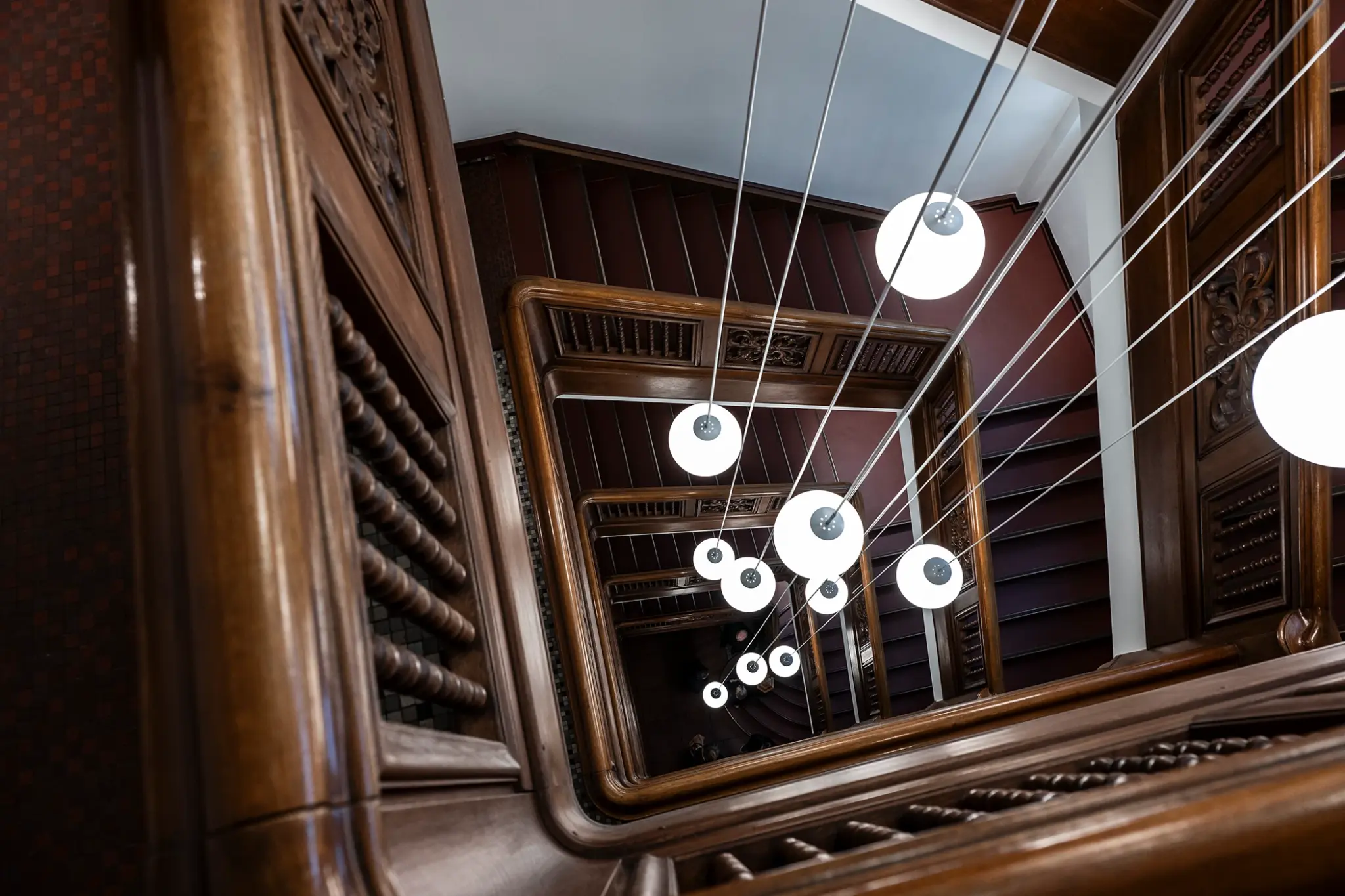
View of the beautiful, historic staircase.
Chiara Wempe, Limited Partner and Co-Head of Business Development, elaborates on the enduring appeal of mechanical watches and their importance to the company:
‘Over the years, watches have evolved into lifestyle symbols, thriving on their stories. Today, no one needs a mechanical wristwatch – we all know that. Yet they are more relevant than ever, especially among younger generations. The craftsmanship fascinates, the stories inspire a sense of identity, and the watch itself becomes an expression of one’s personality.’
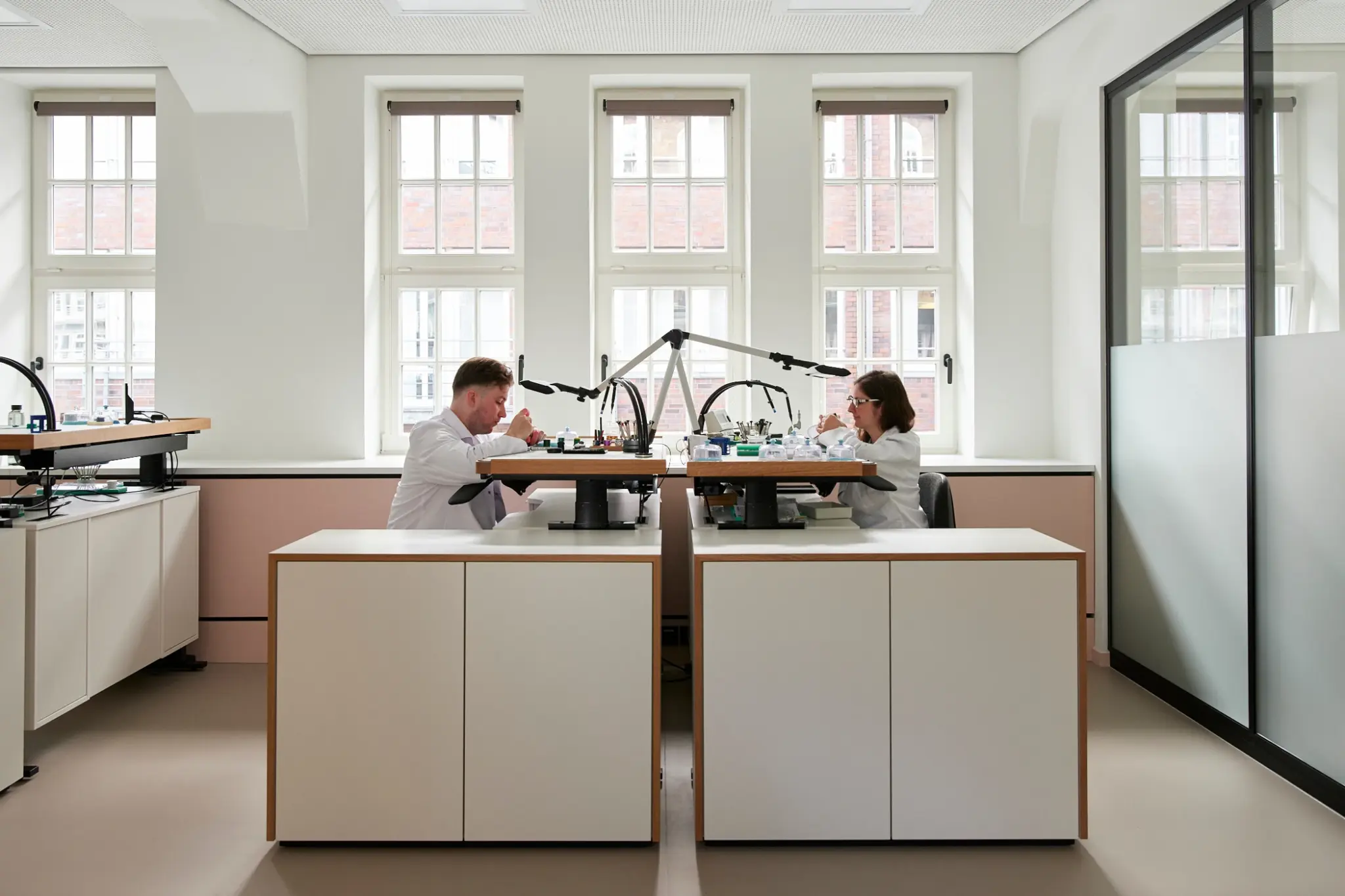
Finding a suitable building to expand their watch service had been a long-standing goal for Wempe. It needed to offer a modern working environment, a prime location, and embody the family business’s identity.
With the Kontorhaus in Stubbenhuk, we have now found the perfect location.
Scott Wempe, Limited Partner and Co-Head of Business Development
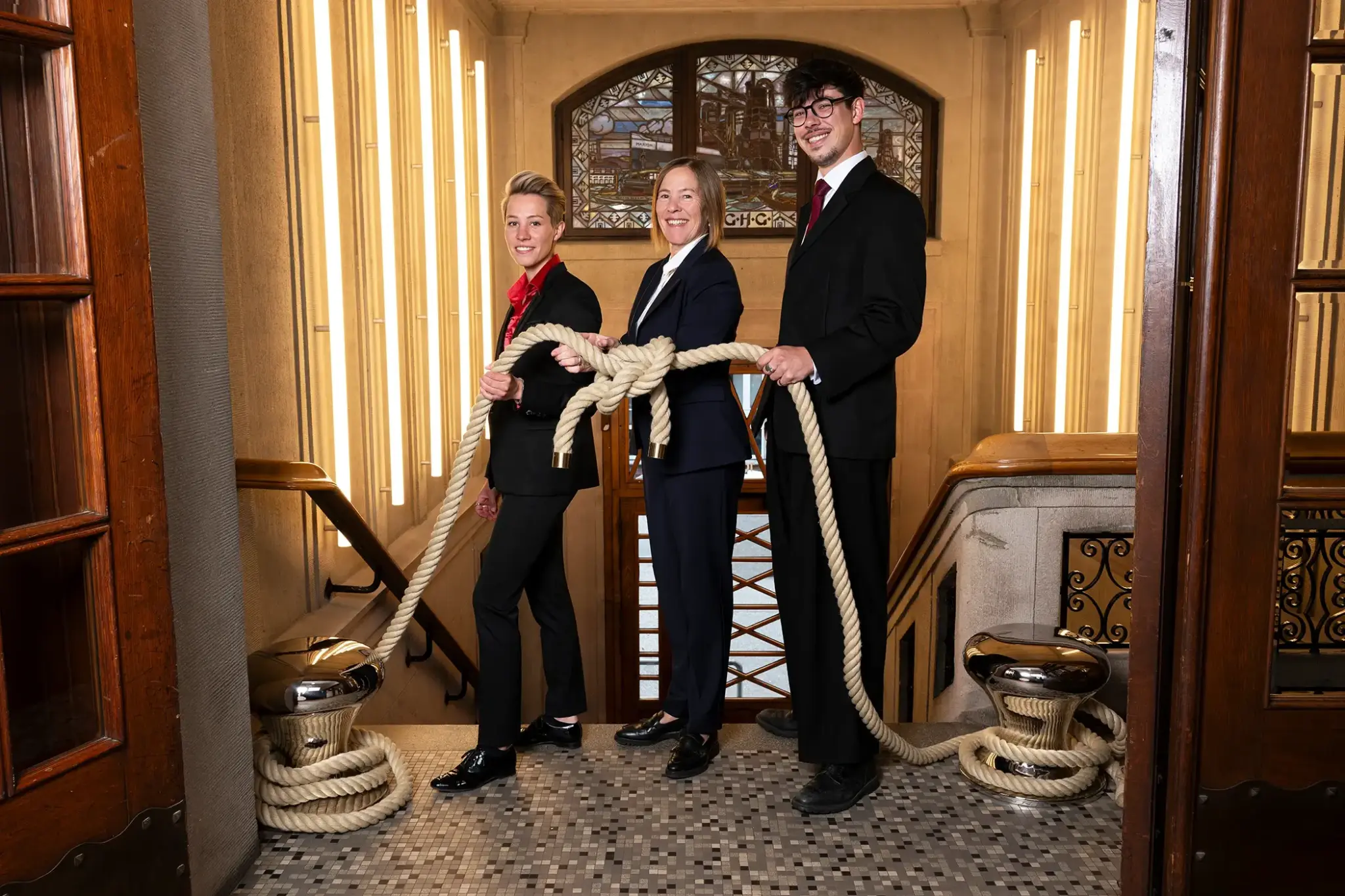
Chiara, Kim-Eva und Scott Wempe
‘Production, craftsmanship, history, and trade, as well as tradition and innovation, are perfectly intertwined in the heart of the city of Hamburg. We believe this is precisely what defines our family business – a commitment to preserving important traditions and culture, combined with an ever-watchful eye on future developments. Chiara and I are placing a stronger emphasis on accelerating innovation to enhance the customer experience, ensuring that younger generations continue to be captivated by the Wempe experience – without losing its unique character. We’ve achieved this as well in the Stubbenhuk Kontorhaus.’
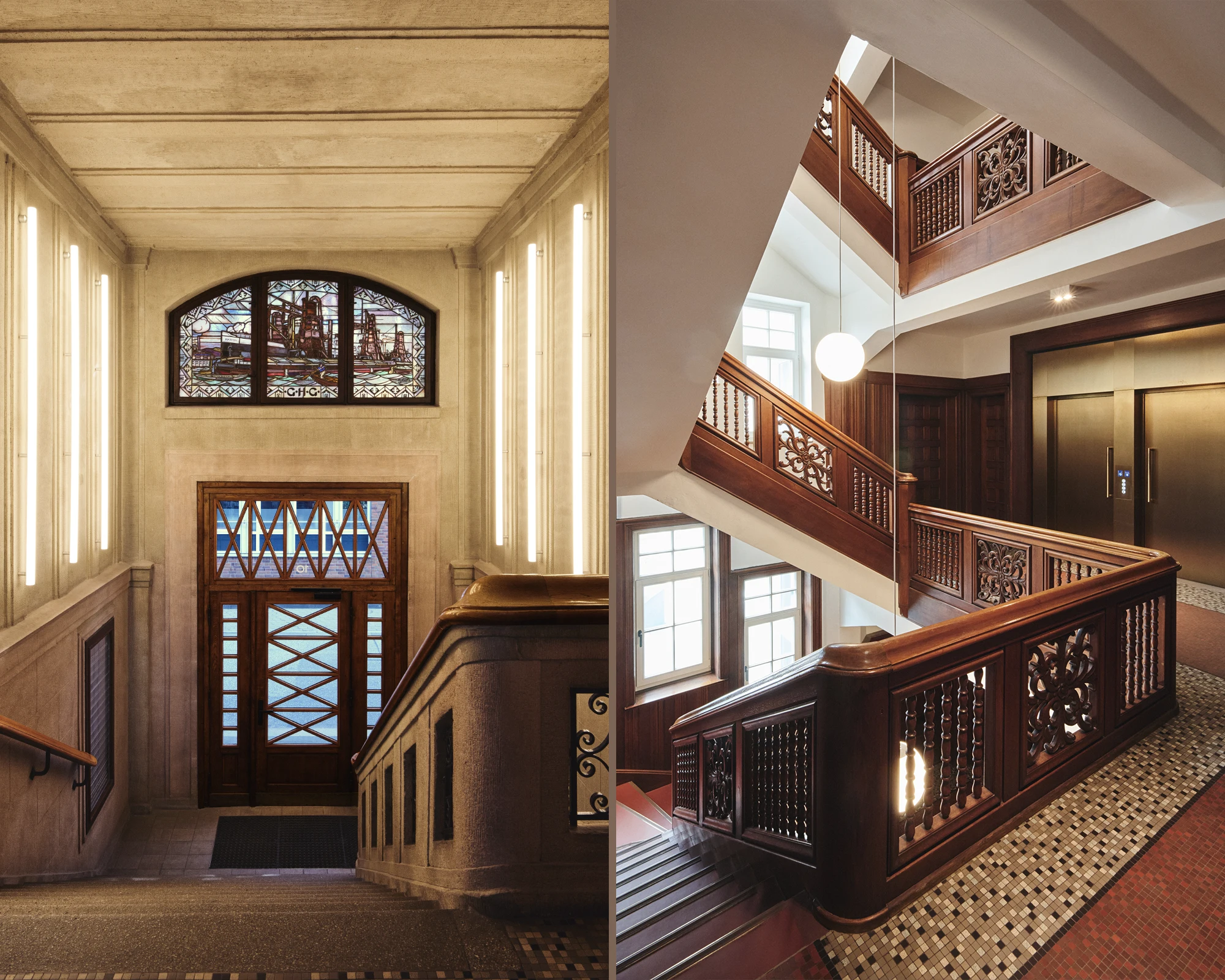
A perfect Match: Wempe and Stubbenhuk 10
International property developer Tishman Speyer, responsible for the renovation of the 1920s listed building, sold the property to Wempe in 2023.
‘We all fell in love with the building and are thrilled to have found the Wempe family, who will cherish and care for it,’ emphasises Florian Reiff (Senior Managing Director and Managing Director of Tishman Speyer Germany).
Wempe-Kontorhaus: Modern watch service meets tradition
In the future, high-quality timepieces will be cared for and maintained at the highest standard here. Wempe aims to herald nothing less than a new era in watch servicing – and there is no doubt it will be a successful one. With the second Wempe store in Hamburg, one of the largest independent and most innovative watch workshops in Europe has now opened.
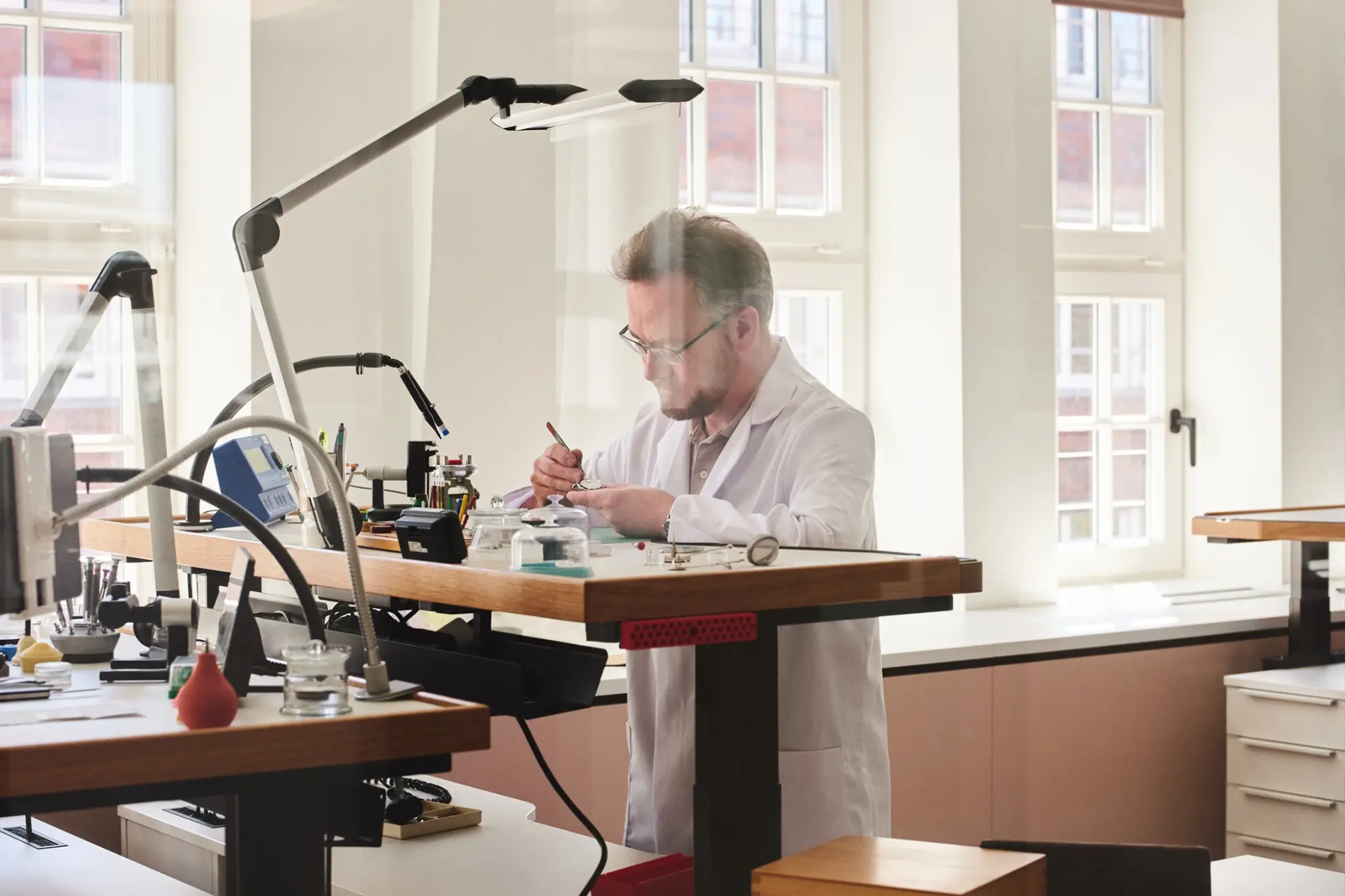
In terms of figures, the space has grown from 700 square metres at Steinstrasse to 1,900 square metres at the Kontorhaus Stubbenhuk alone.
Last year, the watch service workshop at the Glashütte site in Saxony was also expanded, doubling its size from 210 to 420 square metres. The training centre has been enlarged as well. There, 24 trainees (8 per year) are now learning the craft of watchmaking alongside the production of the Zeitmeister, Chronometerwerke, and Iron Walker watch lines of the Wempe Glashütte i/SA brand.
The expansion of the watch service was driven by a significant rise in demand for mechanical watches over the past decade. These watches require a general overhaul every five years, leading to a noticeable rise in the need for servicing. At the same time, the number of specialist shops in Germany offering comprehensive repairs has been steadily declining.
Not so at Wempe. Here, service capacities have been significantly expanded. ‘This is our way of signalling to the industry how important this department is to us,’ emphasises Scott Wempe.
Wempe: More service for more dialogue
Wempe branches in Germany, supported by 64 watchmakers, will remain the first point of contact for customers and their watches. These locations perform initial assessments, battery replacements, bracelet adjustments, and the replacement of crowns and crystals. For general overhauls or more extensive work, watches are sent to the service workshops in Hamburg or Glashütte.
With the move to the new premises, the central Customer Care department will now communicate directly with owners, prepare quotes, and secure approvals. This change allows shop colleagues to dedicate more time to consultations with customers.
We will soon be able to repair much higher volumes thanks to efficiency and staff growth.
Scott Wempe
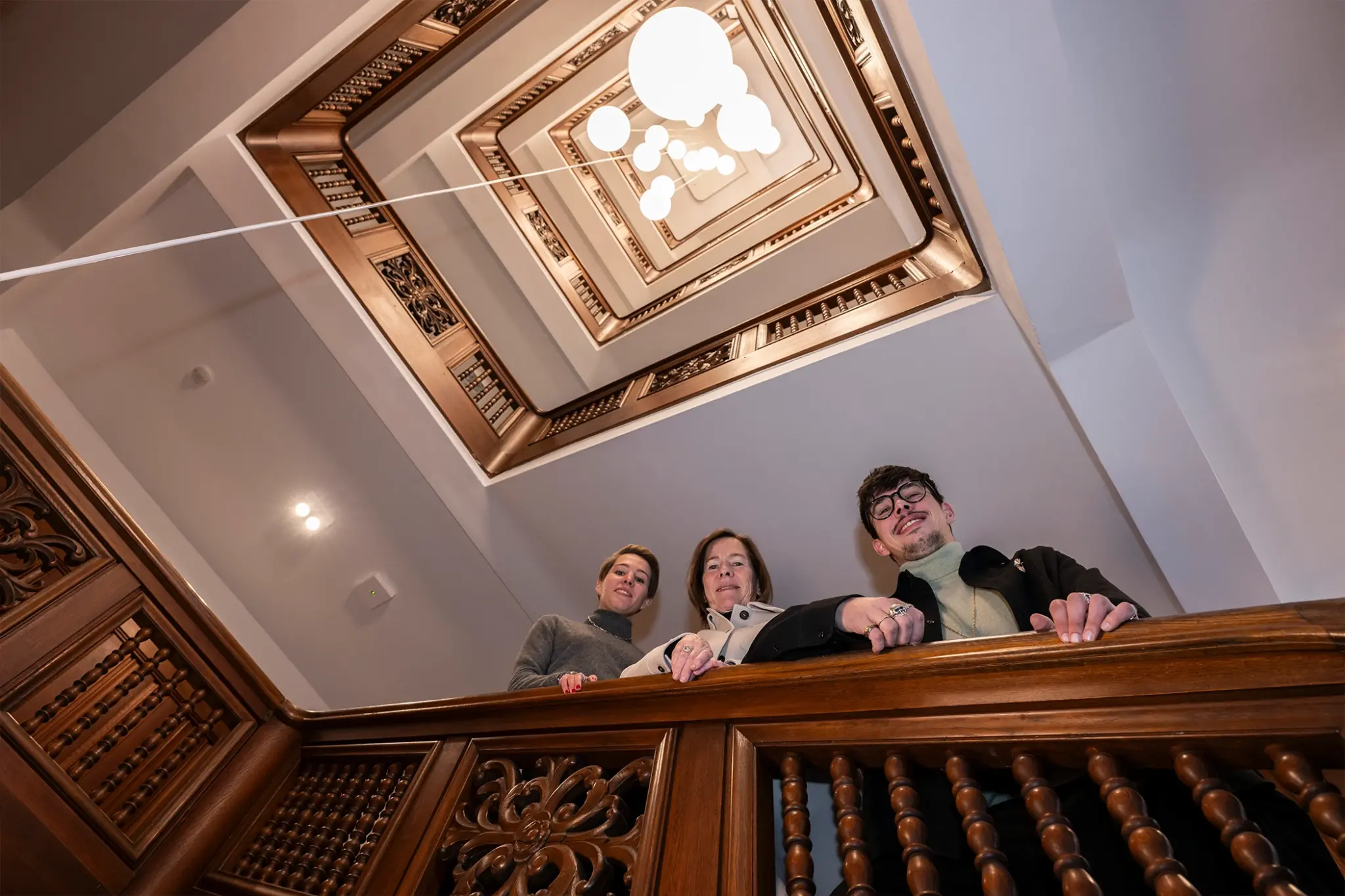
‘This is an important step towards providing our brand partners with the best possible support and ensuring that our customers are completely satisfied with the service we provide. In future, we will also offer first-hand insights into the world of Wempe service – digitally, but above all on site. It’s always exciting for our customers to meet the watchmakers who work behind the scenes to keep their favourite watches running for the long term,’ explains Chiara Wempe.
‘Because the people who manufacture and repair our watches and jewellery at the workbenches are the true protagonists of our industry,’ adds Scott Wempe.
1,900 square metres of Wempe watch expertise
Hamburg and Glashütte. This included staff in polishing, finishing, and customer care departments. The team at Stubbenhuk currently comprises 26 watchmakers and 16 employees in finishing, polishing, and casing. The site’s capacity can expand to 65 employees, including 40 watchmakers.
Upon arrival in Hamburg, the movement, dial, and hands are removed in the casing department and placed in special containers for the watchmakers, while cases and bracelets are sent to the polishers.
‘As both departments can work concurrently to each other, the processes become more efficient,’ explains Taco Walstra, Head of the Wempe watch service workshop. And this significantly reduces the time a customer’s watch spends in the service workshop in the long run.
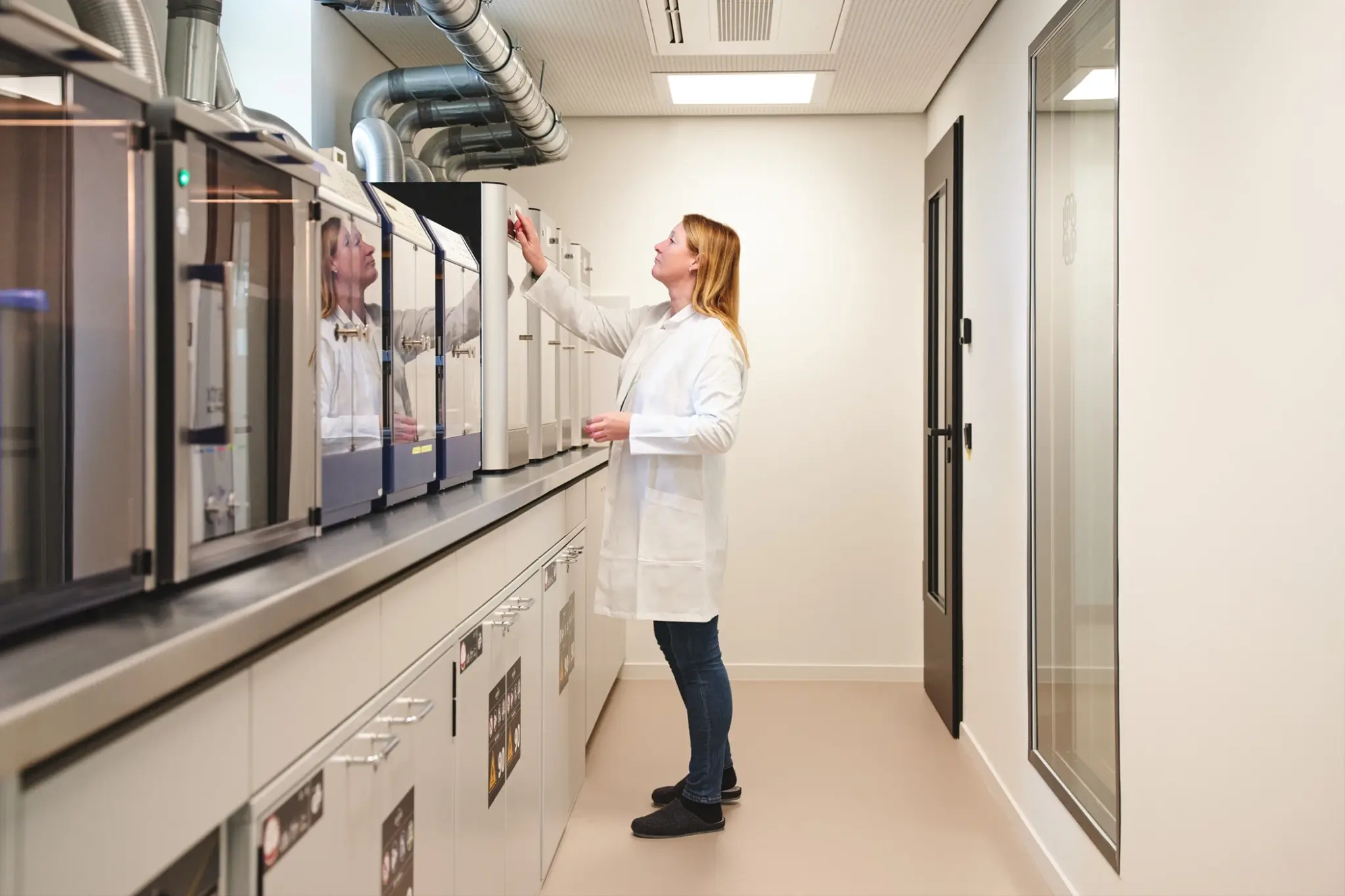
This efficiency is further supported by modern machines, such as a fully automatic ultrasonic cleaning line that processes multiple cases and bracelets simultaneously. The structure of the listed building also help optimise the processes. ‘We wouldn’t have been able to set up the polishing and cleaning machines, which weigh tonnes, in Steinstrasse,’ explains Walstra.
Reinforced concrete beams and columns eliminate internal load-bearing walls, enabling flexible workspace layouts. Instead of an open-plan workshop, Wempe opted for glass partitions, providing a quieter environment while maintaining openness and natural light.

Instead of an open-plan workshop, which is common in the industry, Wempe opted for glass partitions, providing a quieter environment while maintaining the necessary openness and plenty of light for the watchmakers. Emphasis was also placed on innovative equipment. For instance, modern workbenches are used, with their development involving input from the watchmakers themselves.
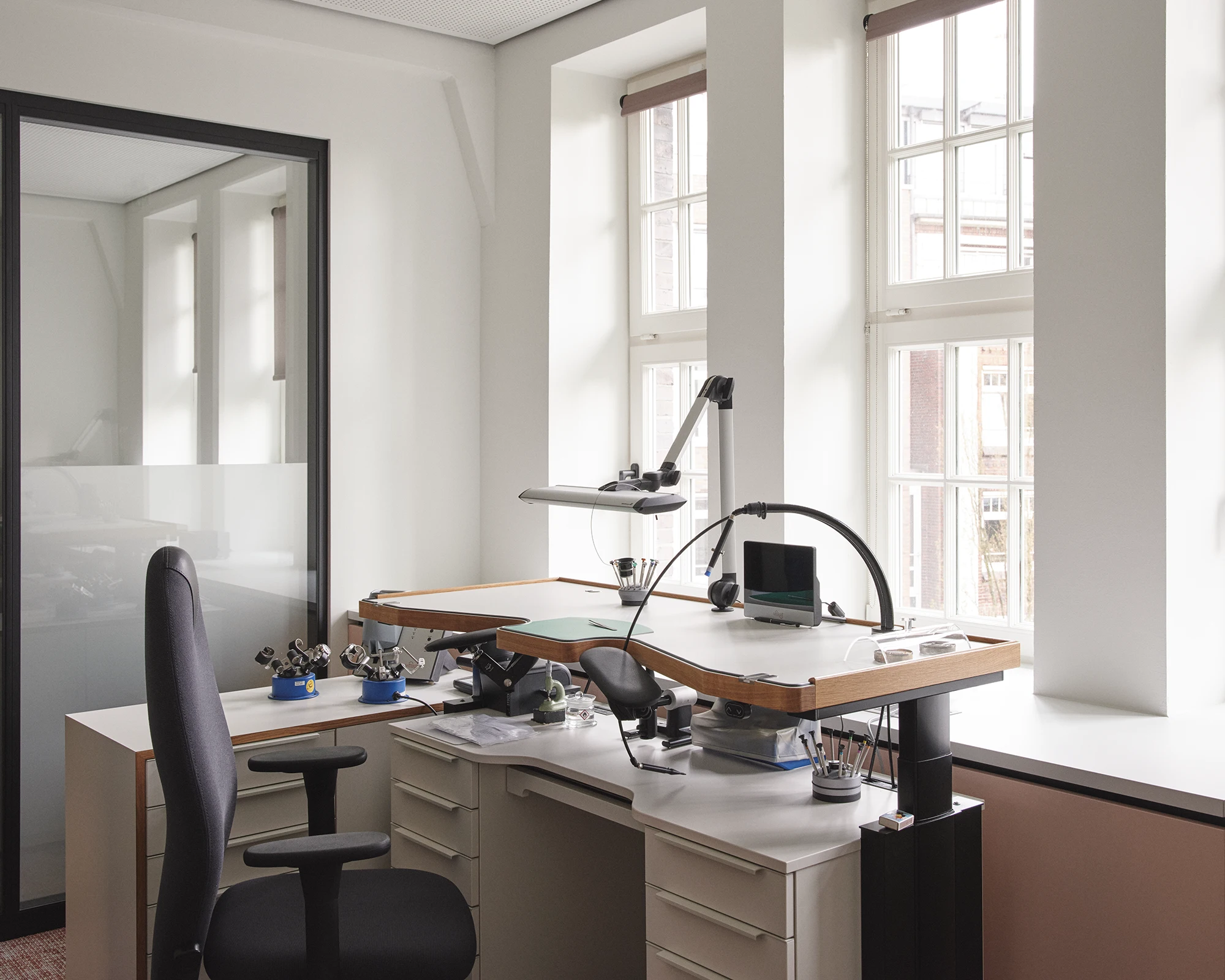
‘All these measures also go hand in hand with improved working conditions, which we are particularly happy about,’ emphasises Kim-Eva Wempe.
‘In this way, we create a high-quality working environment where the work is truly enjoyable. Ultimately, our aim is to attract the best talents for our customers and ourselves. Through the previously mentioned expansion of our training centre in Glashütte, we can now start even earlier and thus contribute to preserving the craft of watchmaking. With an average retention rate of over 85 per cent, this is sufficient to meet our capacity requirements in the long term.’
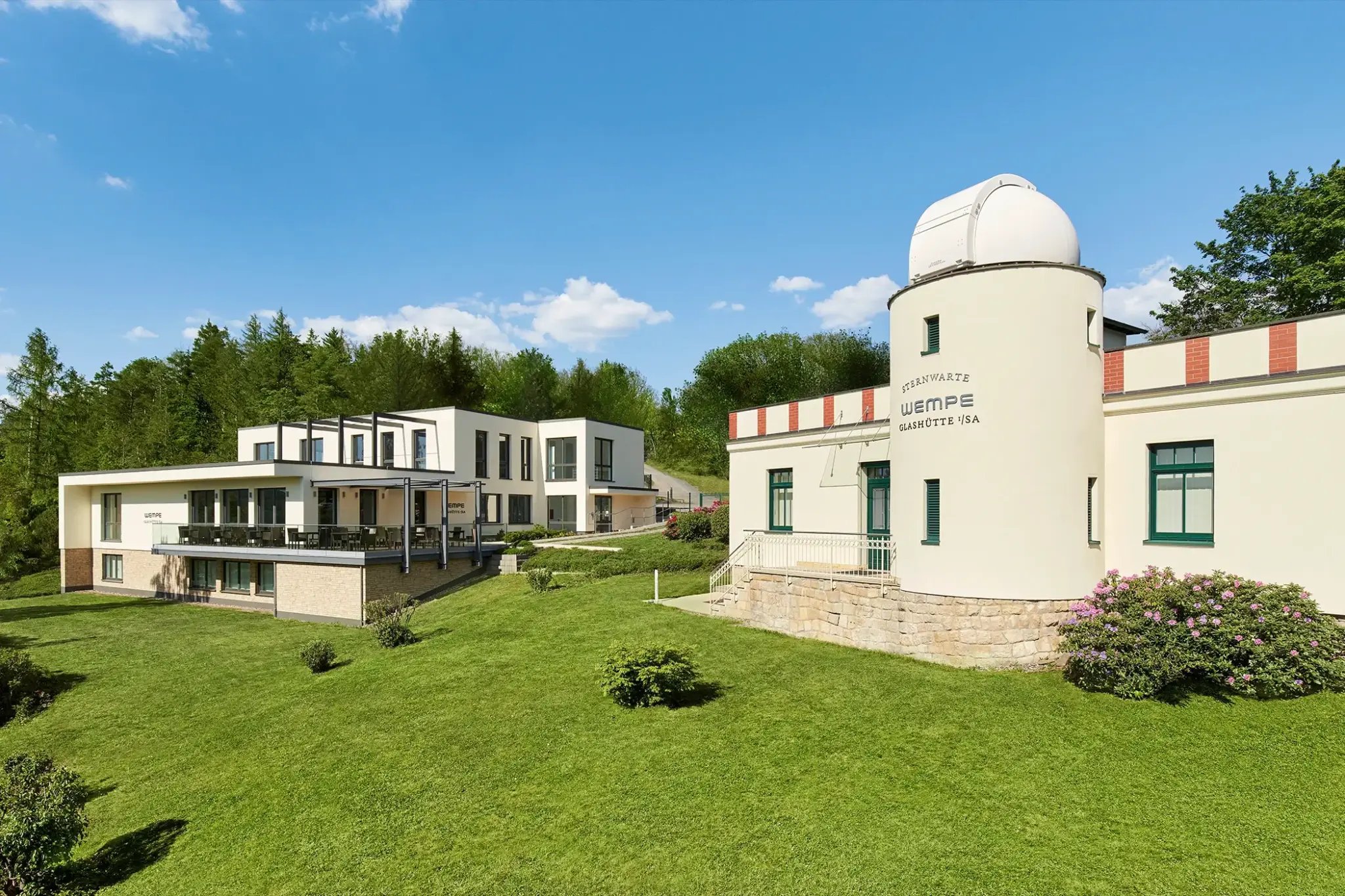
The Wempe training centre next to the observatory in Glashütte
Thanks to optimised processes, automation, and additional space, Wempe will now handle more repairs in-house, easing the burden on manufacturers’ workshops. At the same time, Wempe’s watch service has hardly any restrictions in terms of brands or complexity of the watches.
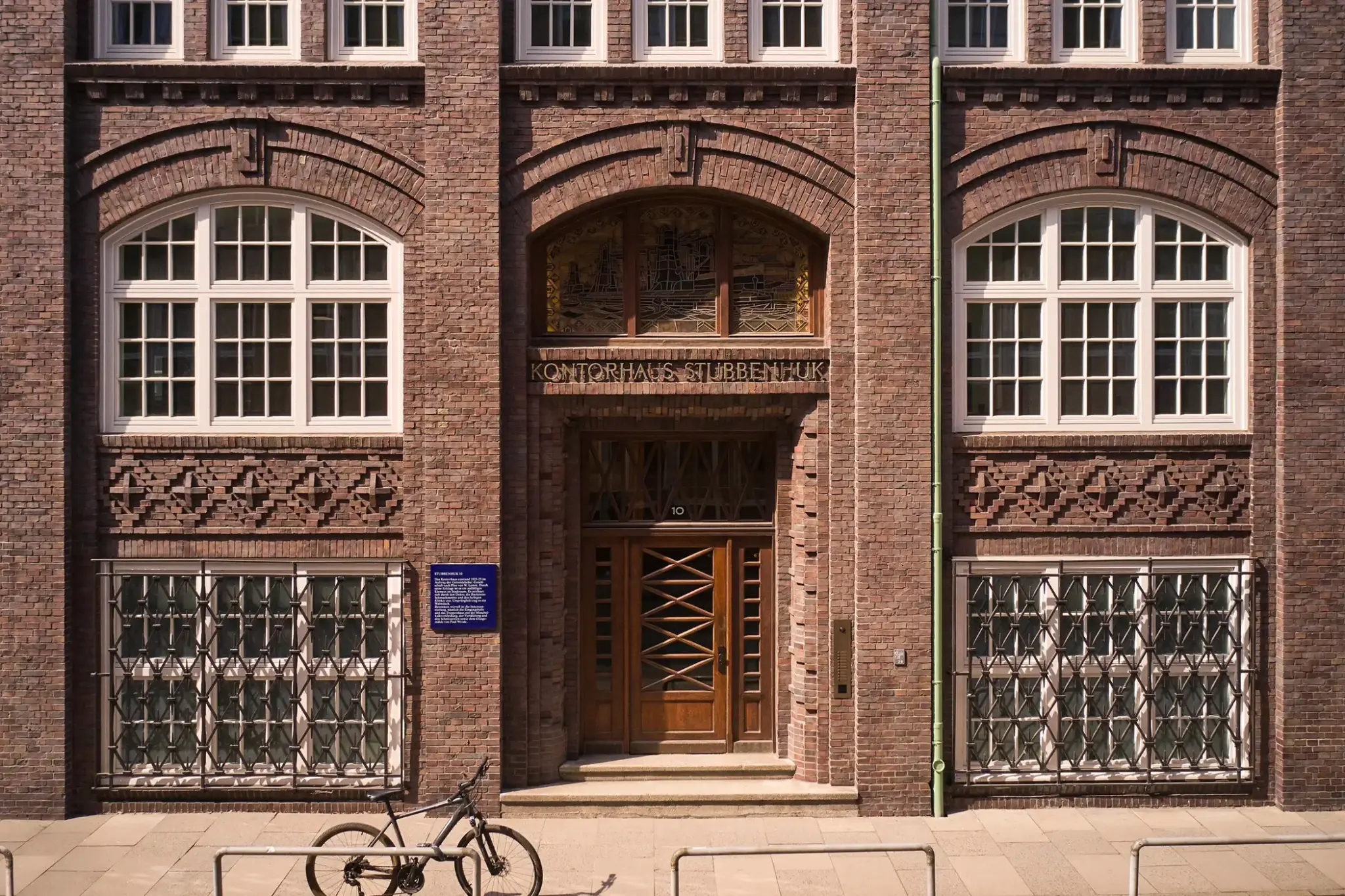
Wempe-Kontorhaus: A site with character and tradition
The building, also known as the grain elevator house, was built between 1923 and 1925. Grain lifters were used in the port of Hamburg to transfer bulk goods – especially grain – from sea vessels to inland waterway vessels. The brick building was added to Hamburg’s list of monuments on 7 September 1983.
It was built by Getreideheber GmbH and designed by architect Wilhelm Lemm from Hamburg. From 1986 to 2007, Fairplay Reederei had its headquarters in Stubbenhuk House. After that, the Kontorhaus was home to the publishing house Gruner + Jahr and the Henri Nannen School of Journalism.
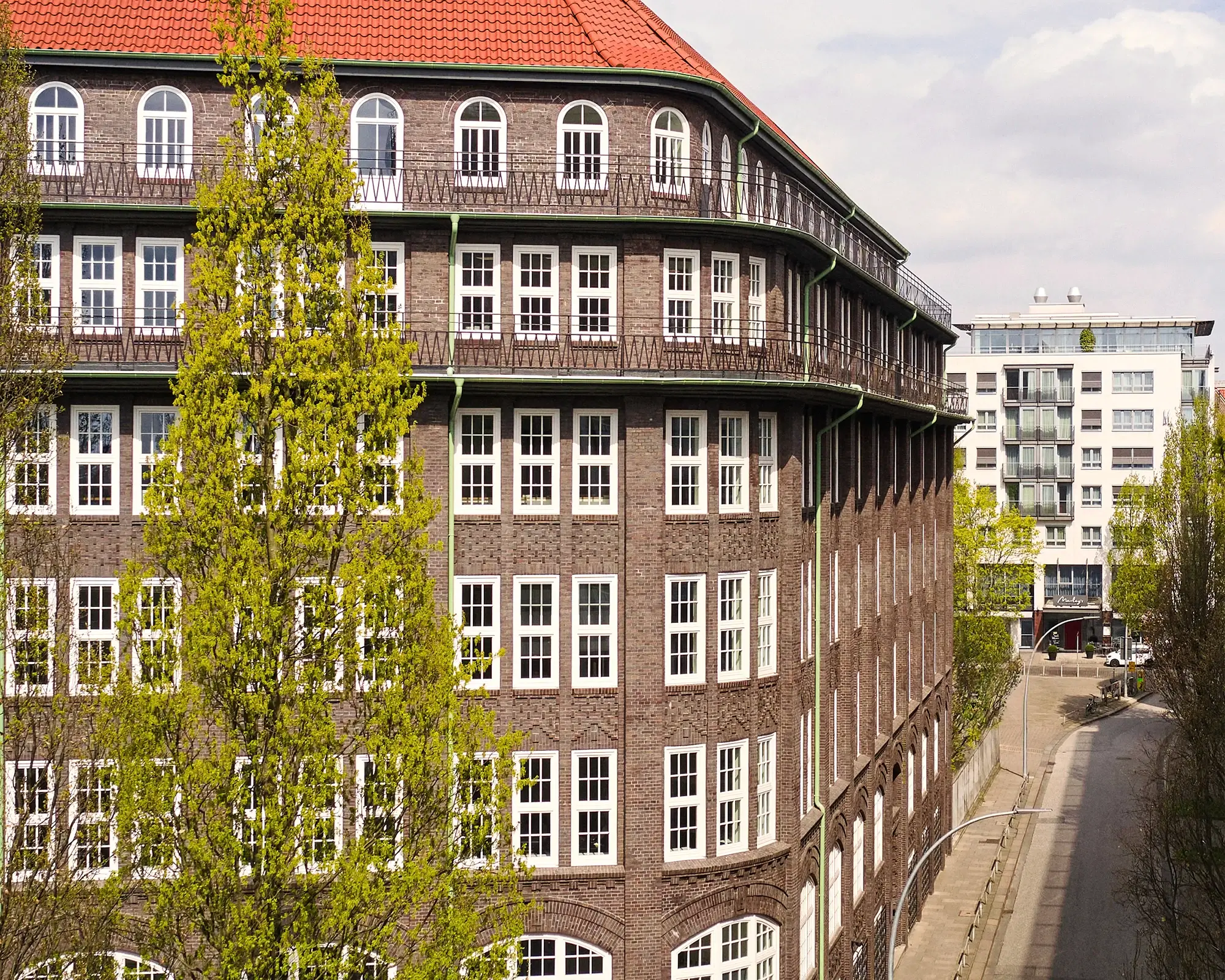
‘A new era is now underway. A large watch workshop is moving in here, along with Wempe-Chronometerwerke Maritim and Visual Marketing,’ explains Florian Reiff from Tishman Speyer Germany at the official opening of the second Wempe building in Hamburg.
Wempe’s Chronometerwerke Maritim is returning to its roots. This department was already located in Stubbenhuk from 1960 to 1981, albeit at house number 25. For over 100 years, it has been renowned for its quality and precision in maritime ship’s clocks and nautical instruments. Not only are these instruments used on sailing and motor yachts, but also serve as decorative, high-quality elements in offices or living spaces. Thanks to significantly larger facilities and modern technology, the development and production processes at Chronometerwerke Maritim will become even more efficient in the future.
‘This enables us to meet customer needs more specifically and significantly shorten service times,’ says Christian Blanck, Division Manager of Wempe-Chronometerwerke Maritim Hamburg.
The company is also planning a new interactive Wempe museum at the Kontorhaus. This reflects Wempe’s desire to engage more closely with customers and watch enthusiasts. A large event area on the 5th floor offers spectacular views of the harbour and the Elphi. Through this, Wempe provides deep insights into the craft of watchmaking and brings visitors closer to the Wempe culture.
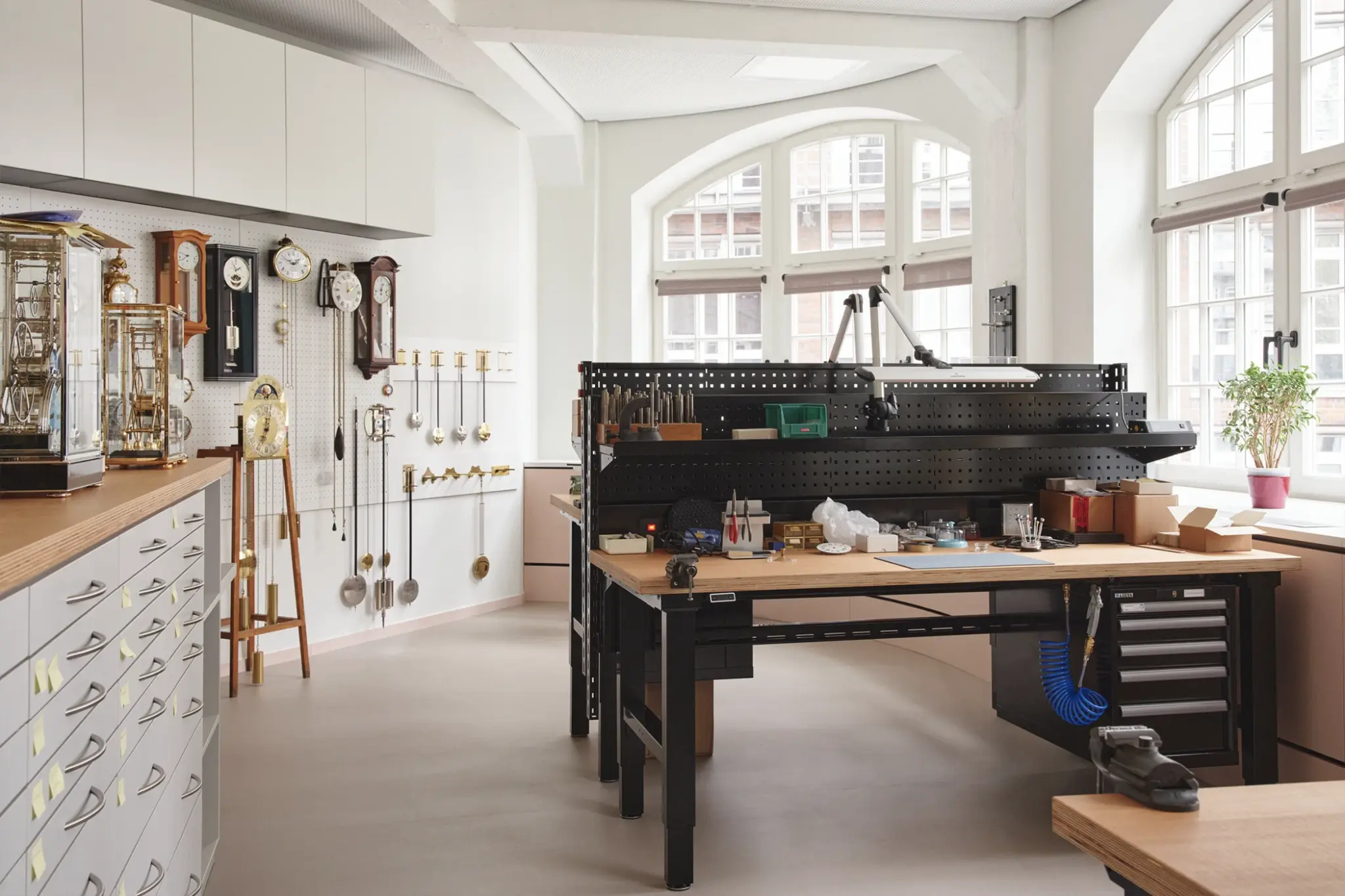
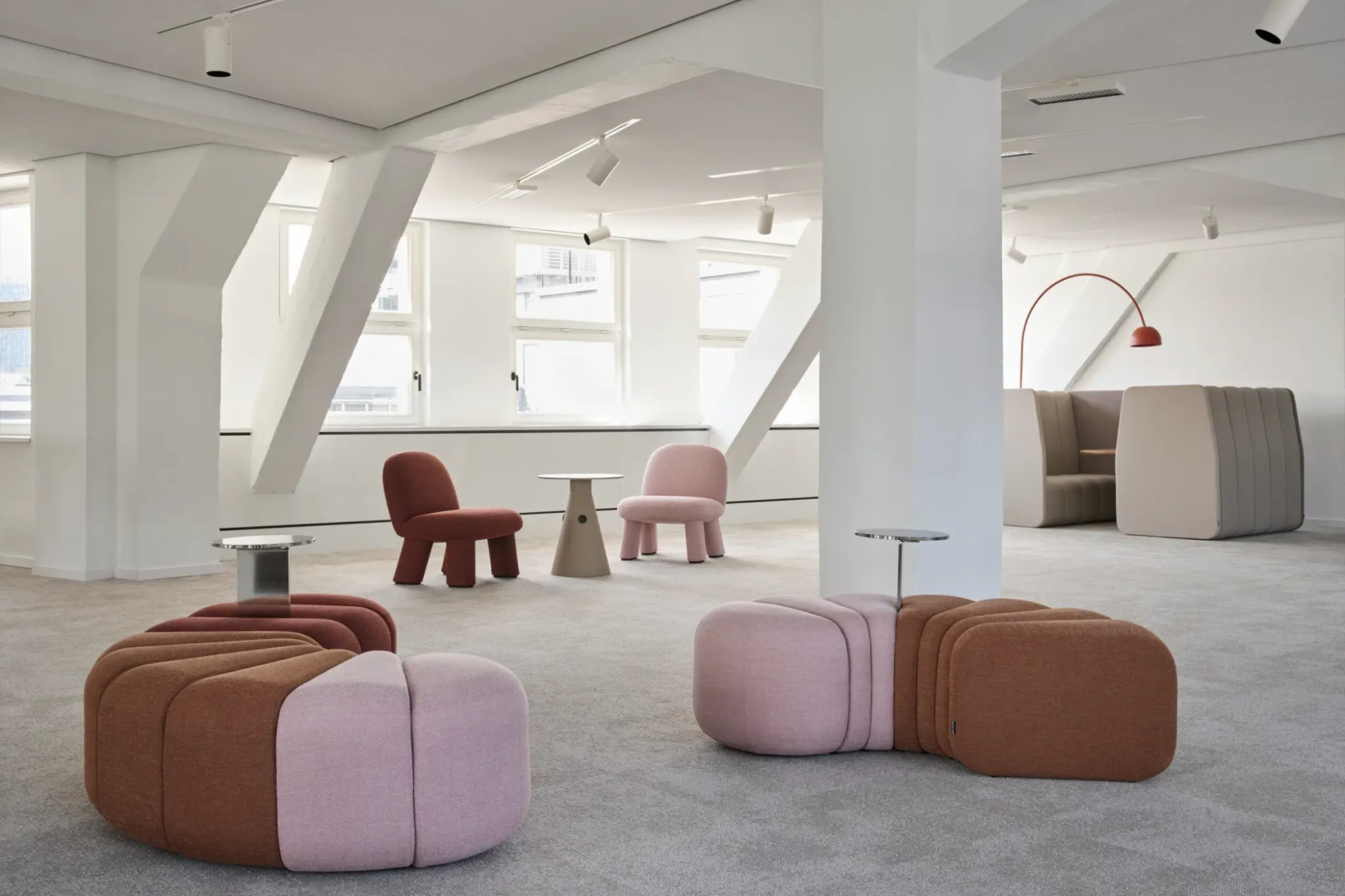
‘In the future, we would like to invite our customers to come and inspect their watches during servicing and get to know the watchmakers personally. We also plan to revitalise the Kontorhaus Stubbenhuk with events and guided tours,’ says Chiara Wempe.
‘May Kontorhaus Stubbenhuk continue to embody what it has represented for 100 years: productivity, innovation, communication, and the courage to pass this legacy on to the next generation,’ concludes Florian Reiff.





